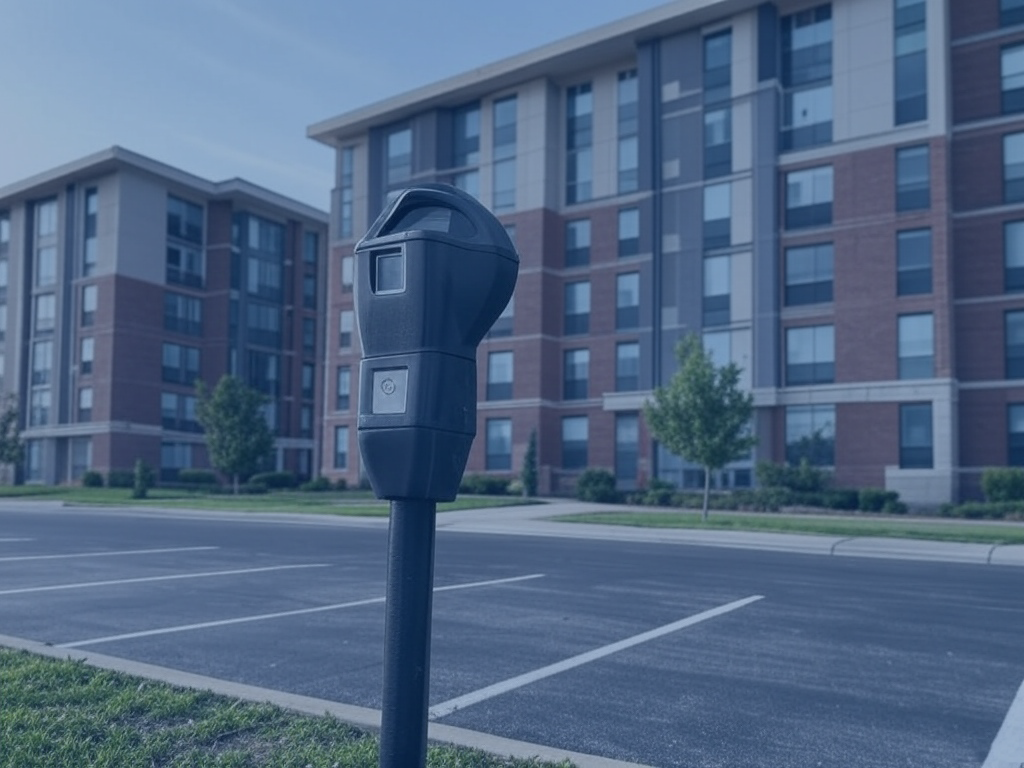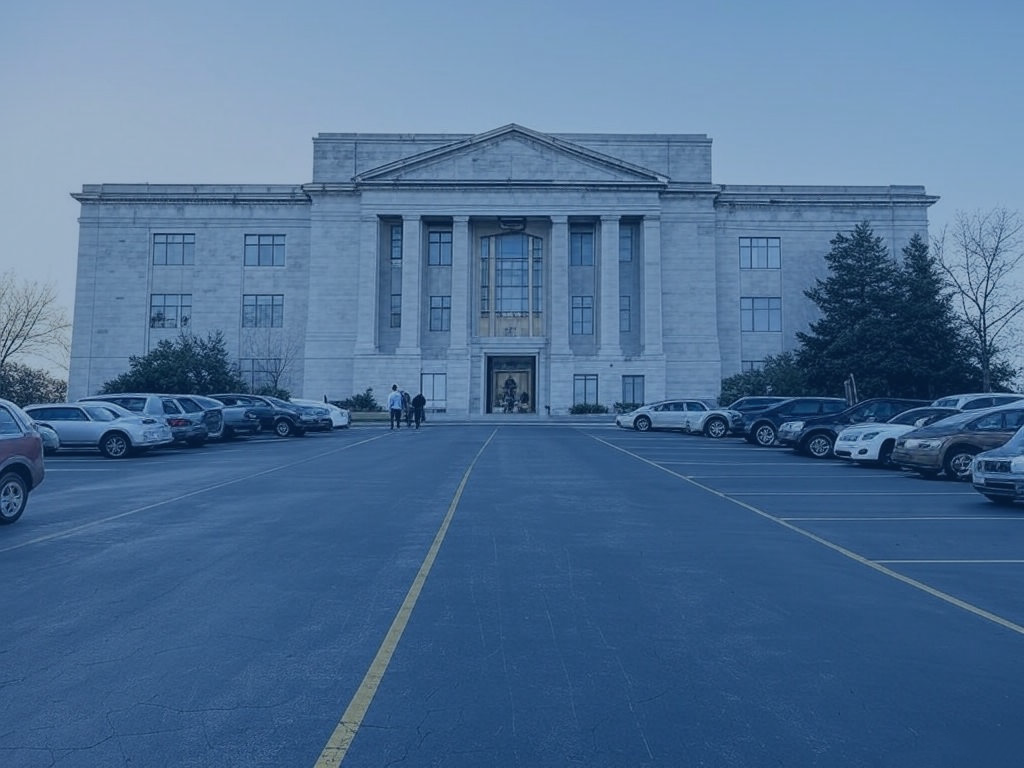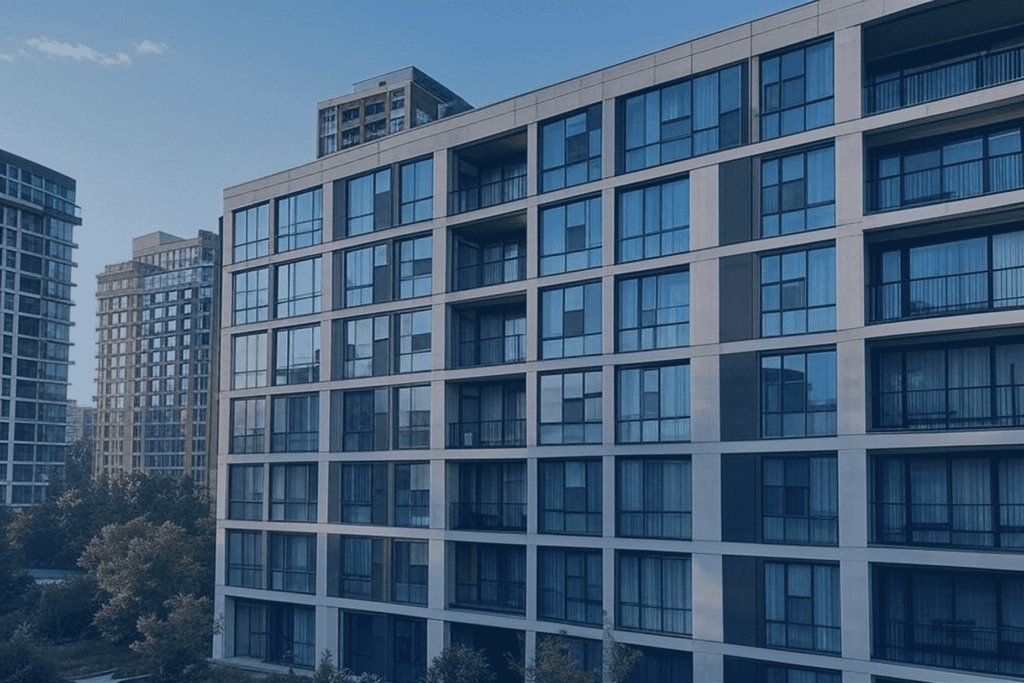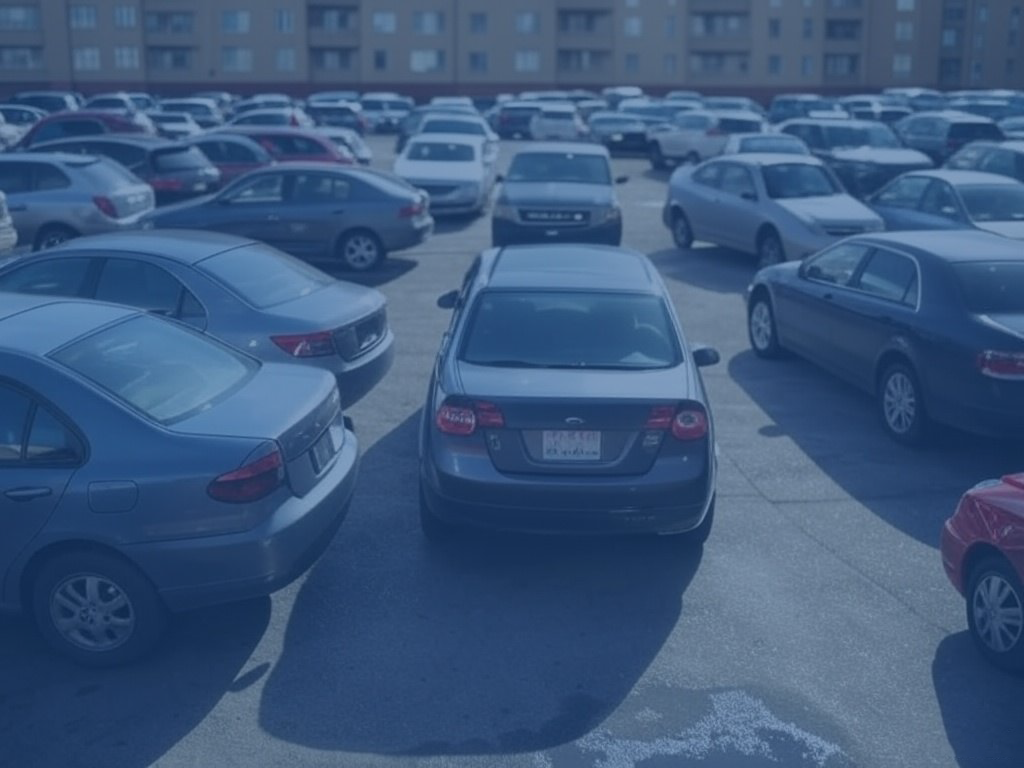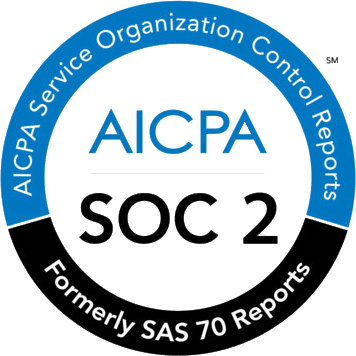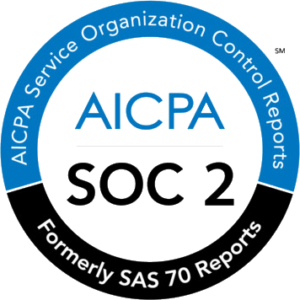As the world prepares to emerge from lockdown, there are big questions for employers. One issue attracting a lot of attention is how will employees get to work? Social distancing will be part of everyday life for the medium term. How can employers & employees ensure that workplace commutes have minimal risk?
Table of Contents
TogglePre-Coronavirus Commuter Trends
We will emerge into a radically different world to the one which we remember. Before COVID-19 began to dominate headlines globally, environmental issues were topping the bill.
“Young activists were catalysing governments and individuals to rethink their travel habits. This was having a knock on effect on employee commuting.”
Across the world leading cities were seeing a move away from car commuting. For example Seattle was reporting a drop in 9% of the volume of cars driving to work each day between 2010-2019. Citizens were demanding greener travel options and governments were slowly starting to respond.
Businesses were getting in on the action. Companies across the world were investing in facilities to cater for cyclists & runners. Many businesses were introducing carpooling, car-sharing & employee parking initiatives to reduce car dependency.
The world was beginning to creep towards a more sustainable future.
Transform your employee commuting strategy
Discover how Wayleadr's parking solutions can improve your employee and visitor experience
Learn MorePost-Coronavirus Commuter Trends
Things are about to change dramatically, in the medium-term at least. Shared transit options like public transport and carpooling were on the rise. Yet, in a world dominated by social distancing how can these transport methods hope to thrive?
The good news is that many experts are forecasting permanent drops in traffic. COVID-19 has accelerated the growth of flexible working. Recent research of 2,000 Britons shows two-thirds believe flexible working will emerge as the most popular form of working.
This will have a knock-on impact on congestion. Less people driving to work means less traffic on the roads. This is good news for people who will spend less time stuck in traffic. While governments will be glad to reduce costly transport infrastructure bills.
However, most experts still accept that people will be expected to travel to the office a few days a week. This still raises big questions for businesses. What will employee commuting look like in a world with flexible working and social distancing living side by side?
The changes will be interesting.
As fitness routines gain popularity, cycling, walking and running will be options for some people as a mode of commuting. Particularly due to the decreased risk of transmission when outdoors.
“Yet, many employees who live further away will be reversing trends and returning to cars. There will be a hesitancy to share confined space and journeys with large groups of people.”
How can companies prepare for this?
Subsequently companies will experience reduced numbers of people coming to work. The pattern of people coming to the office will be less predictable. There will be an increase in active travel. While managing employee parking will become an even bigger headache.
How To Prepare for COVID-19 Transition?
To prepare for the new normal companies will need to give greater emphasis to hygiene facilities and parking management.
i) Hygiene Facilities
Many employees avoid active commuting due to a lack of facilities. Having proper facilities for staff to wash and prepare for the day is now essential. How does this happen in a world with social distancing?
Employees and employers don’t want to see staff squashed into washrooms together. This will heighten the risk of transmission and will be uncomfortable for everyone.
There is already significant talk that companies will stagger work times. This means that people will work irregular shifts to ensure headcount in the office is low at any time. This will definitely help, as different start times mean it will become easier to avoid the 9am rush.
Companies will go one step further and limit the amount of people in washrooms at one time. This will be easy to police for smaller companies where staff wait for their colleague to finish. Expect bigger companies to roll-out room booking software for washrooms. This will see staff allowed to book 15 minute slots in washrooms.
Companies will also be expected to increase cleaning rotas. Facilities will be cleaned thoroughly on a regular basis.
ii) Parking Management
On one hand an increase in flexible working is great news for employee car parks. Less people in the office, surely will mean more space?
Yet, as commuters turn their back on public transport, expect parking to pose new problems. It will become much harder to track who is in the office and on what days. This will make daily parking management a much greater headache for company management and commuters.
Traditionally, empty spaces designated to staff who were sometimes out of office caused annoyance. Commuters who were not able to park, will become even less tolerant if these spaces lie vacant.
“Optimising employee parking for more fluid & flexible demand will become the new normal.”
Technology is key in this conversation. Wayleadr is traditionally used by companies to reduce car dependency and carbon footprint. However, we have repurposed the product with the features needed to manage employee parking post-COVID.
- Forecast parking demand.
- Allow employees to book parking for days they are coming to the office.
- Award-winning algorithm which allocates parking to those at highest risk.
- Automated push-notifications which advise staff without a parking space, to work from home.

